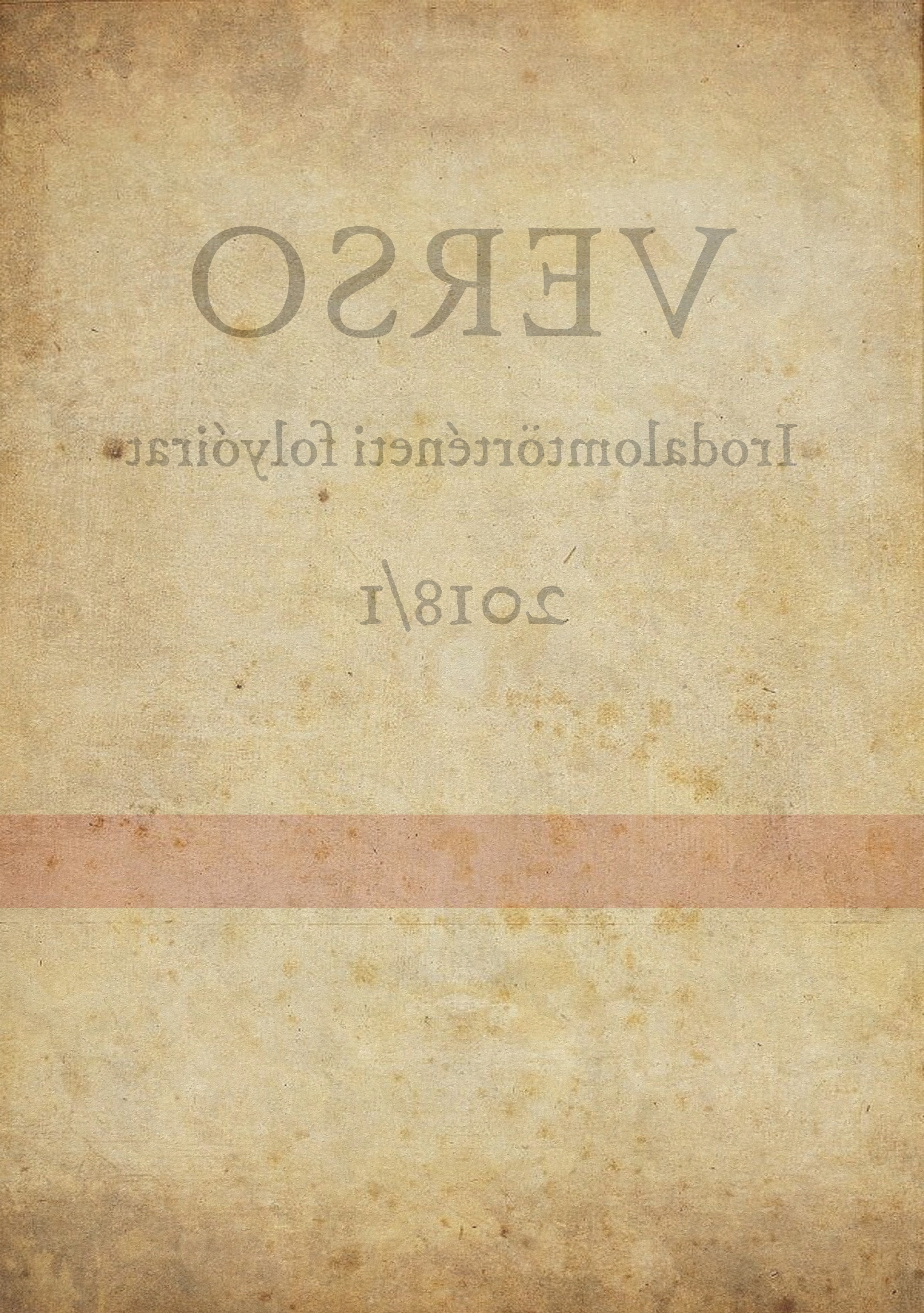Baroque court culture, Jesuit tradition
On István Gyöngyösi’s Murányi Vénus and its intellectual-historical background
DOI:
https://doi.org/10.15170/VERSO.1.2018.1.11-24Abstract
Research of the last decade places István Gyöngyösi’s 1664 work, Márssal társolkodó Murányi Vénus in the moral-philosophical tradition of baroque court culture. The paper interprets Murányi Vénus within this intellectual tradition, expanding it with recent (2017) results of Gyöngyösi studies. According to Péter Tusor’s paper, a major part of the earlier biographical data of István Gyöngyösi is erroneous, as it pertains to another István Gyöngyösi. Newer research revealed that Gyöngyösi received Catholic instead of Protestant education, and that he attended the Jesuit university of Nagyszombat. This is a solid biographical foundation for the interpretation of Murányi Vénus from the perspective of the baroque Jesuit tradition. Based on a comparison between Murányi Vénus and Politica philosophiai Okoskodás, the maxim collection by the Jesuit aristocrat István Csáky, it can be safely concluded that certain features of Gyöngyösi’s work are rooted in a Jesuit education.

